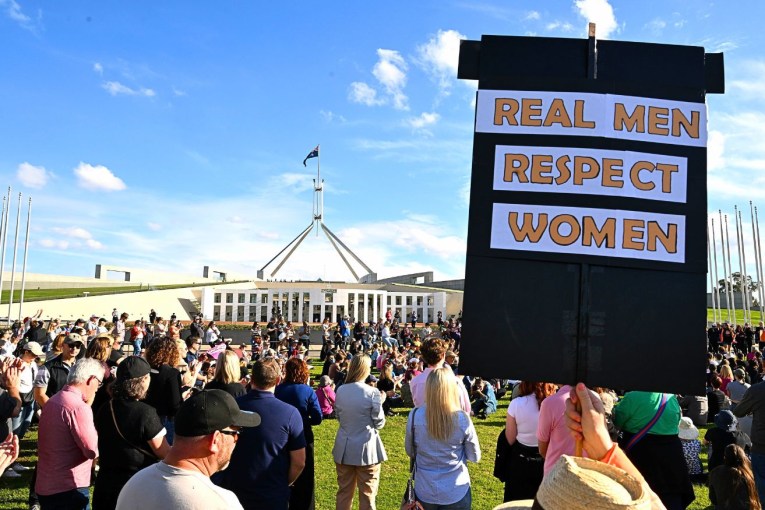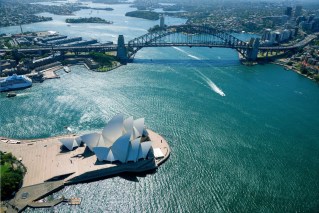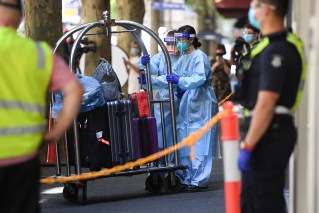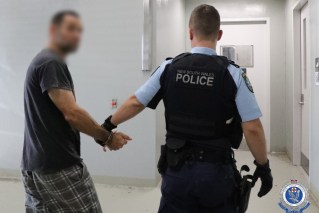Voters dream of better future for the Solomon Islands
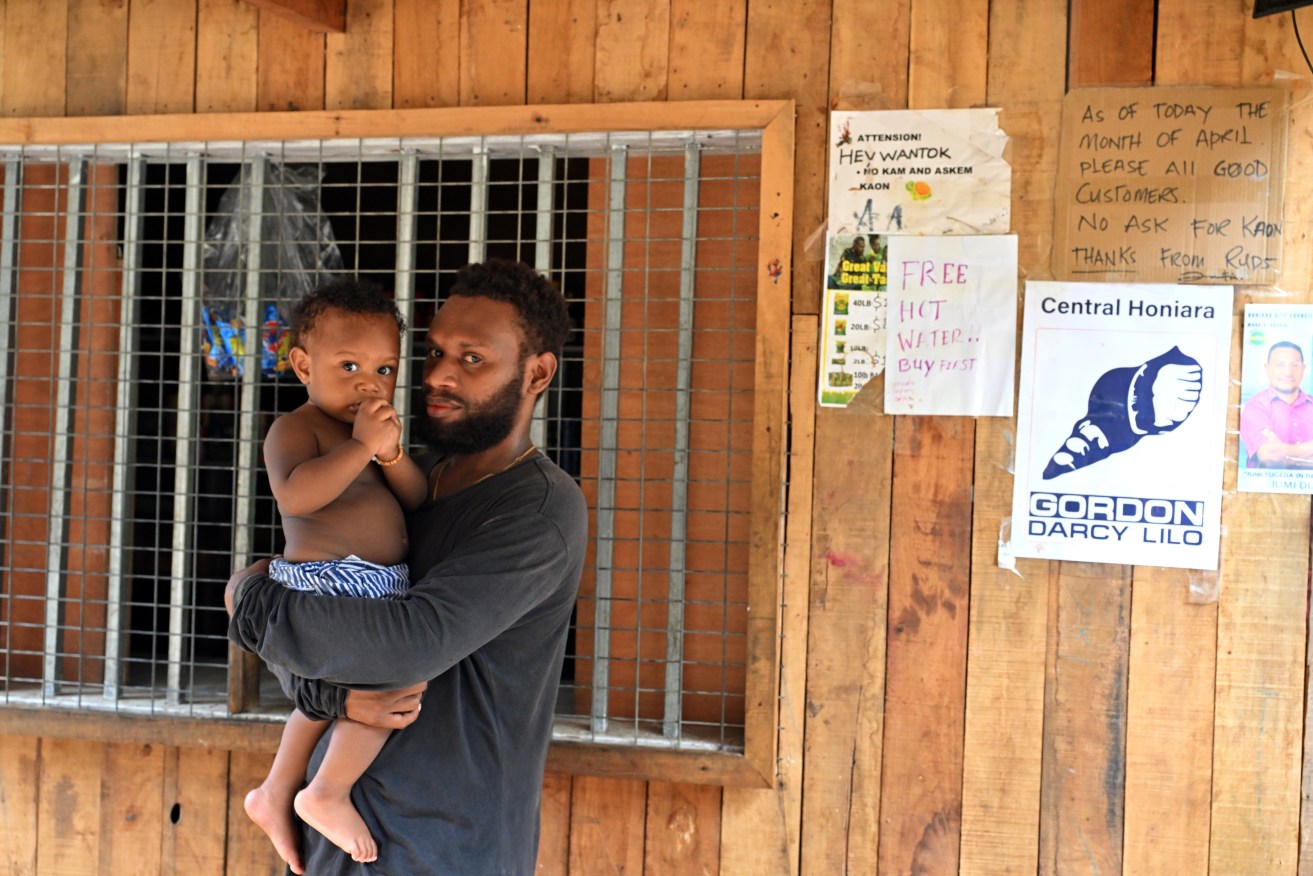
Safe water and sanitation are lacking in many parts of the resource-rich Solomon Islands. Photo: AAP
In an informal settlement a stone’s throw from the Solomon Islands parliament, Paul Ramo dreams of a nation in which wealth is more equally shared.
His home town of Koa Hill is among several unplanned parts of Honiara, housing about one-third of the national capital’s residents in an area 10 times as dense as Sydney.
As Ramo peers over modest wood homes packed from the ridge line to the river, the church leader says many locals are not enjoying the fruits of their resource-rich nation.
“The government is working for foreigners, not us Solomon Islanders,” Ramo told AAP.
“We hear of the millions (of dollars) coming into this country but we don’t see much.”
Tweet from @StefArmbruster
A 2020 state-funded study of young families in Koa Hill and two other settlements along the same river found half had no access to toilet facilities and only 43 per cent had safe drinking water.
It’s a similar story across the archipelago nation to Australia’s north-east, with its national development strategy noting safe water and sanitation are often lacking.
Under the strain of the nation’s population tripling in the past 45 years, government services in the Solomons are stretched.
The state admits its health system is “weak” and blames limited qualified personnel and a lack of enabling infrastructure for long-term vacancies in the public sector.
But the government of Prime Minister Manasseh Sogavare, seeking an unprecedented second term on Wednesday, believes it can deliver prosperity to its people.
A key plank of his campaign is his growing relationship with China, which has sparked major sport, health and internet infrastructure projects.
China has taken over Taiwan’s role in providing politician-controlled development funds spent in each electorate.
But Ramo worries some politicians are manipulating the system to divert money into their pockets or to prioritise their re-election.
It comes at a time when rising costs leave parents in his community struggling to pay to send their kids to school.
“A lot of children don’t go to school because of the fees problem,” he said.
Former public servant Karamui Wilson Bogotu, running for a council election also being held on Wednesday, says living conditions across the capital are poor.
Rubbish piles strewn through the city reflect the fact only three in 10 items is collected, with people beginning to accept the problem as normal, he says.
“That’s a classic example of the stress on the city,” Bogotu said.
What rubbish makes it to the city dump is waded through by people scavenging for anything of value.
The dump, down the road from the nation’s new $100 million sports stadium complex, is also home to many makeshift shelters, held up by rusted barrels.
Back in Koa Hill, Ramo says people are frustrated.
“You cannot stop our frustration unless you do something for us,” he said.
“It’s our land and our resources.”
Ramo says he wants the best for the future of his young daughter Caroline, hugging his leg and wearing thongs adorned with Frozen characters.
“I want her to have a good career and a good life.”
Voters go to the polls on Wednesday.
This article was made possible through the Melbourne Press Club’s Michael Gordon Journalism Fellowship Program
-AAP
